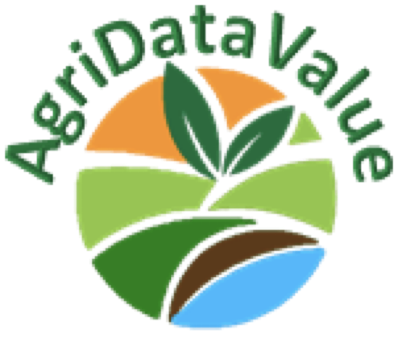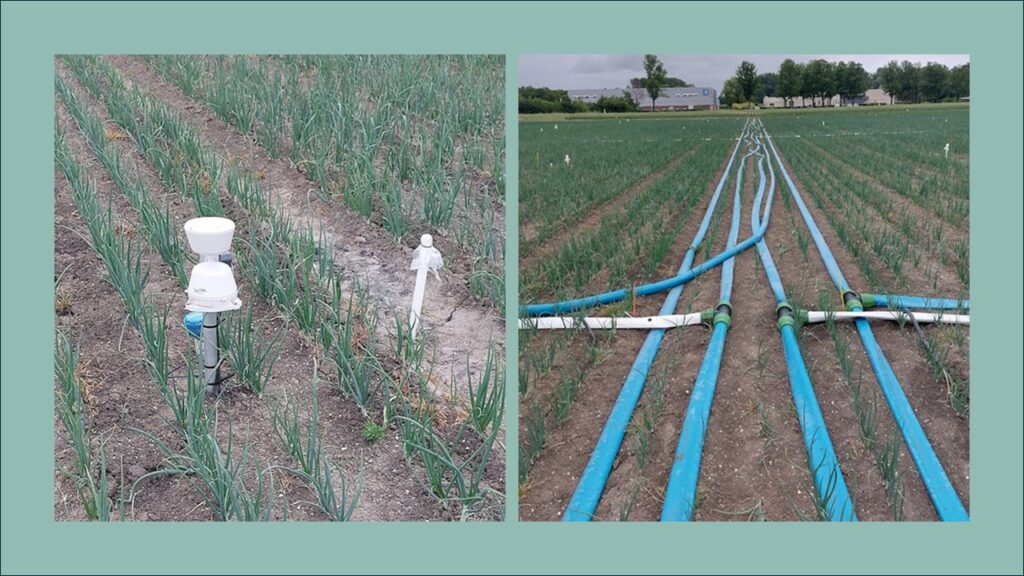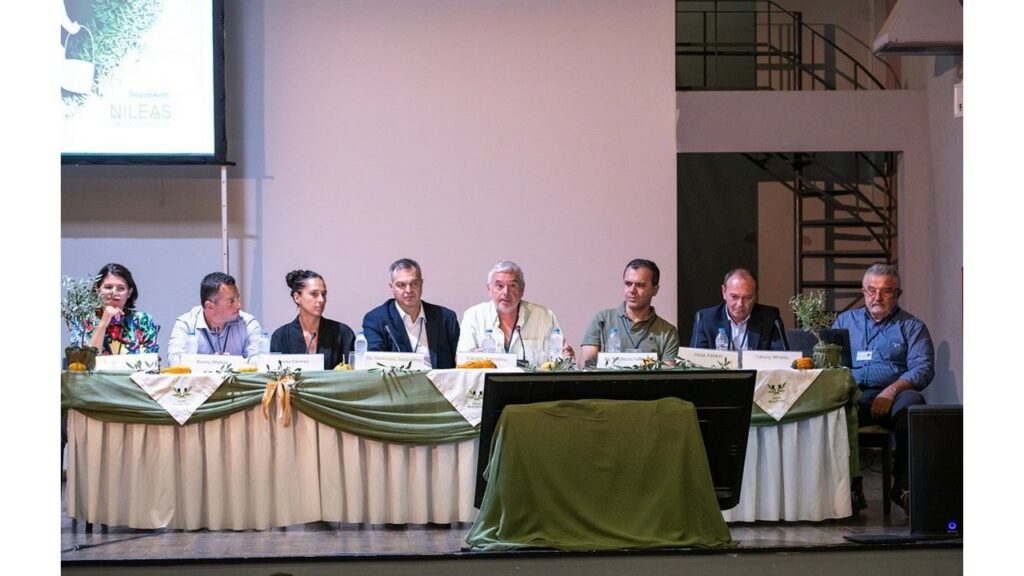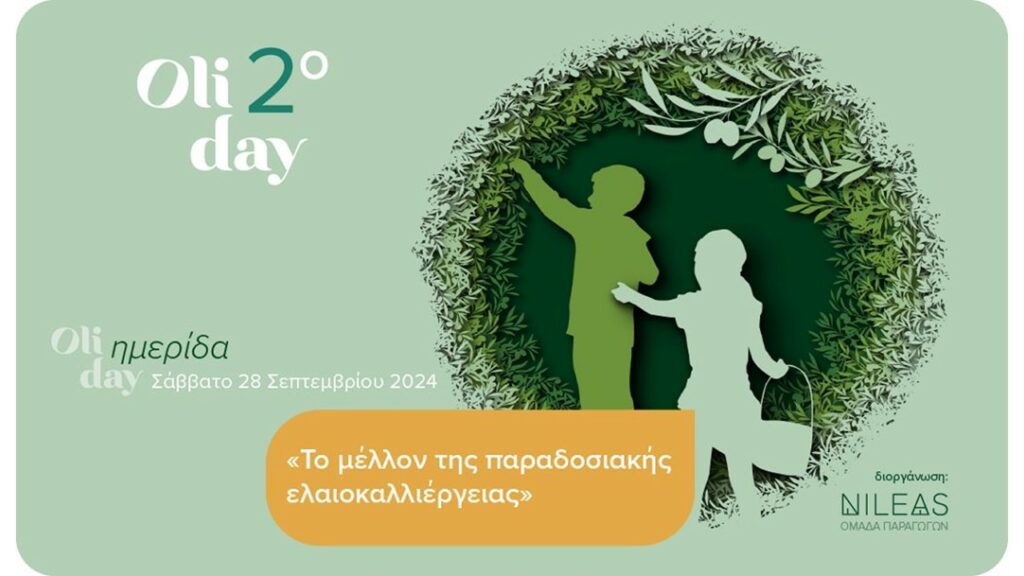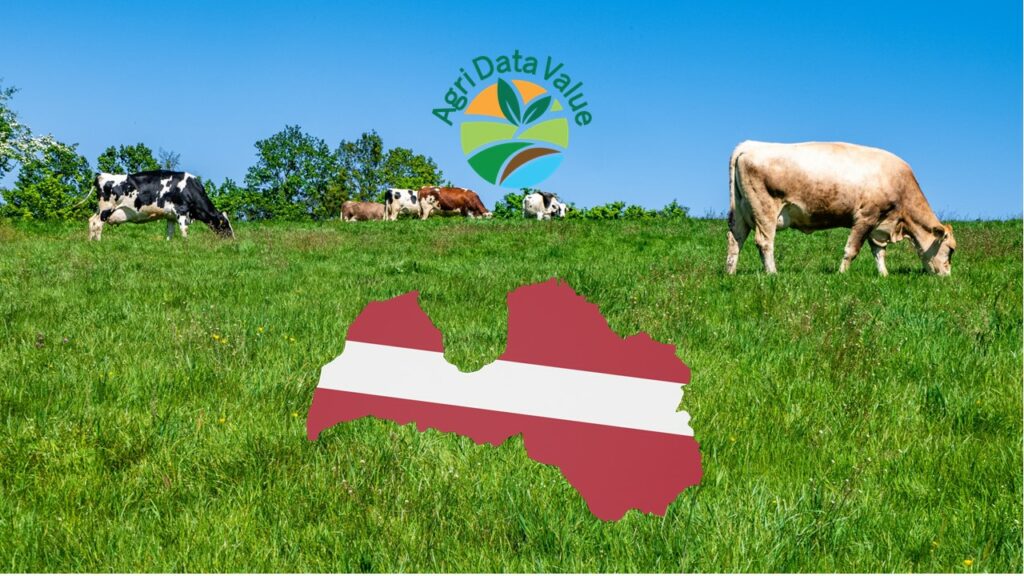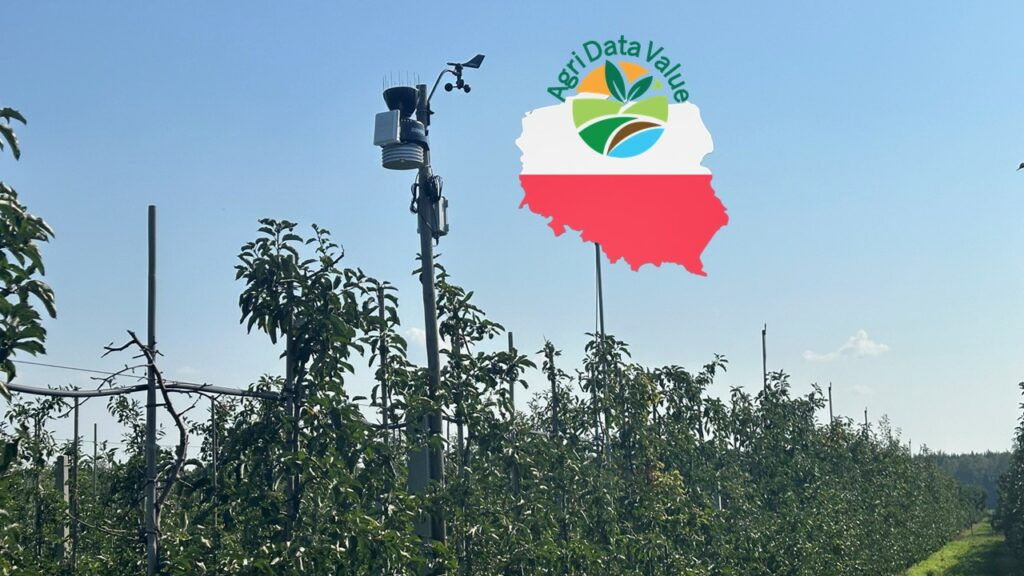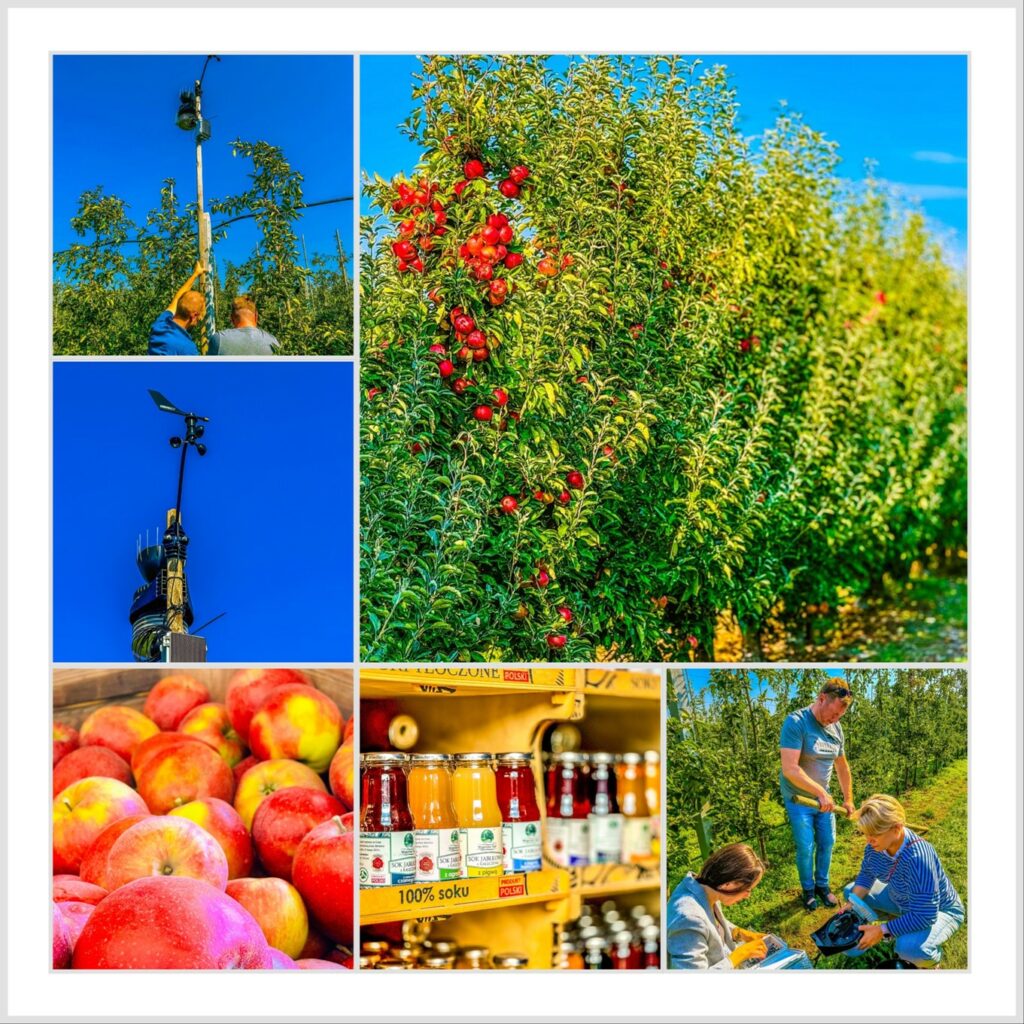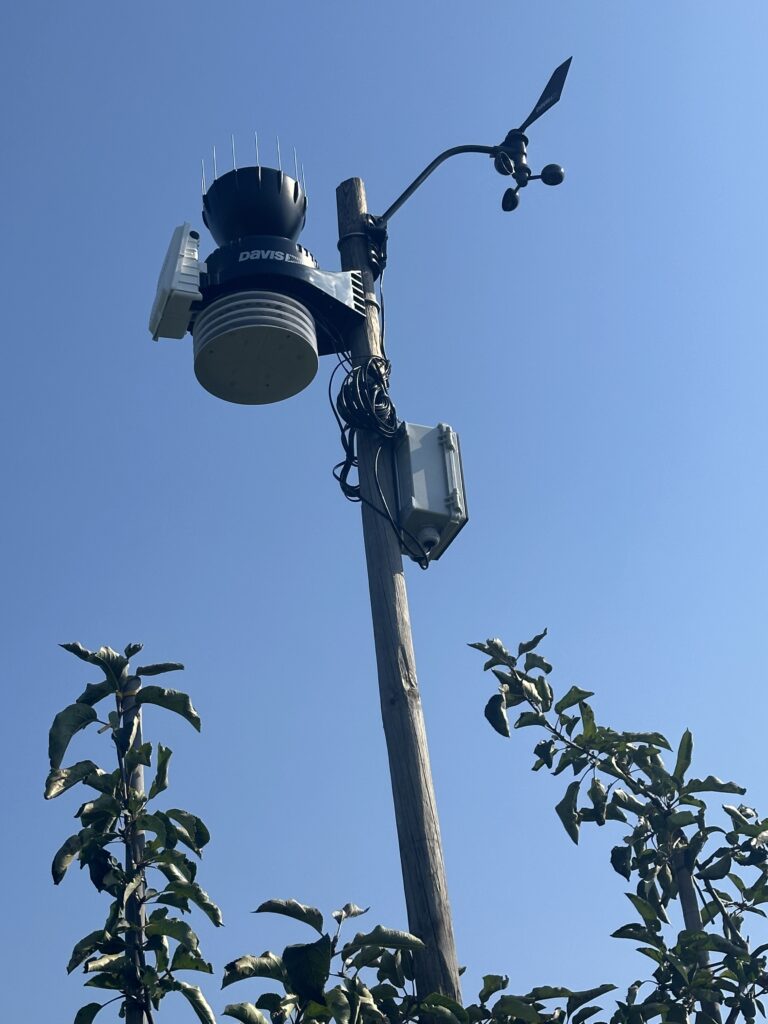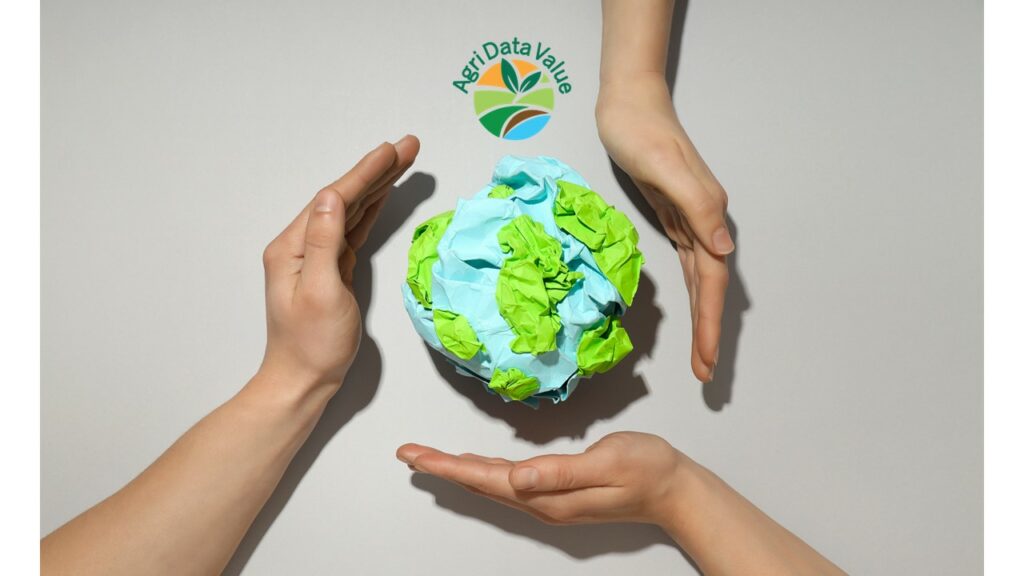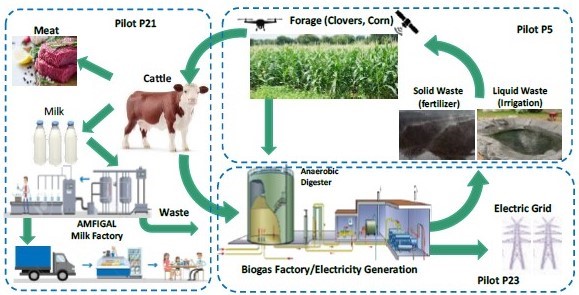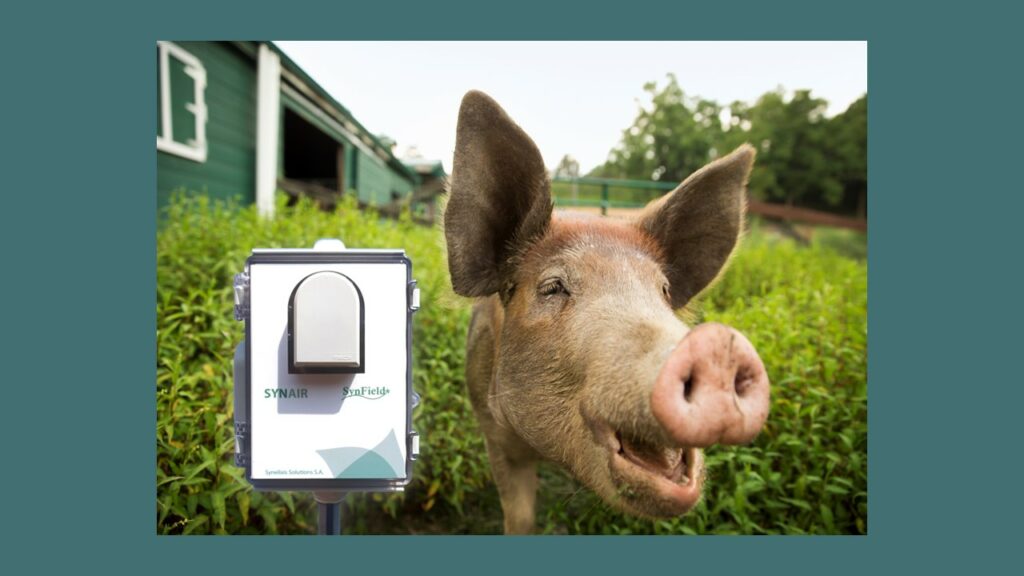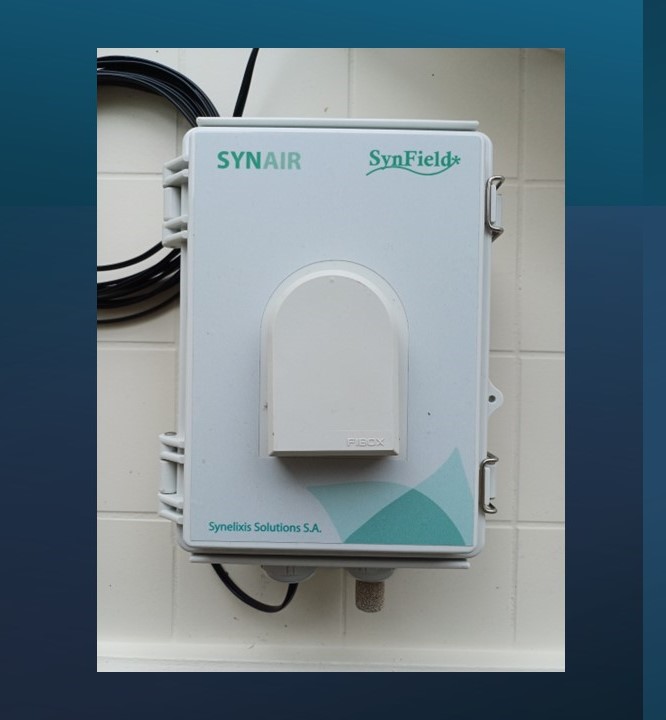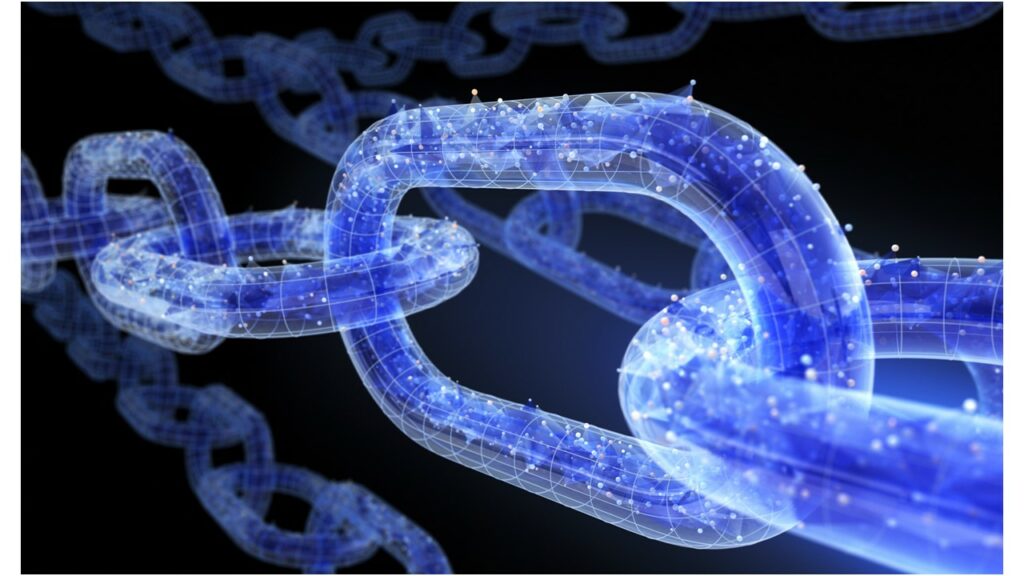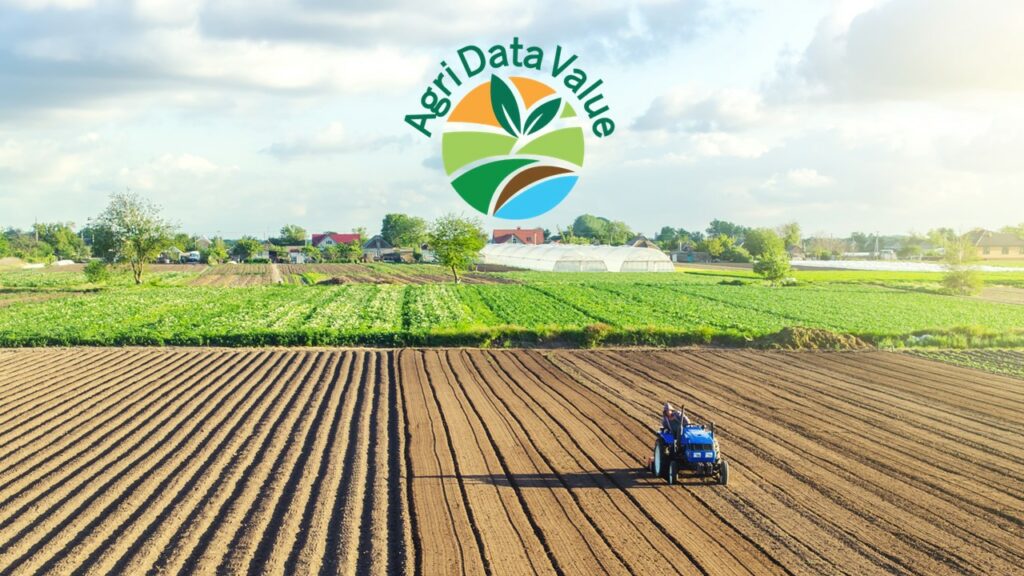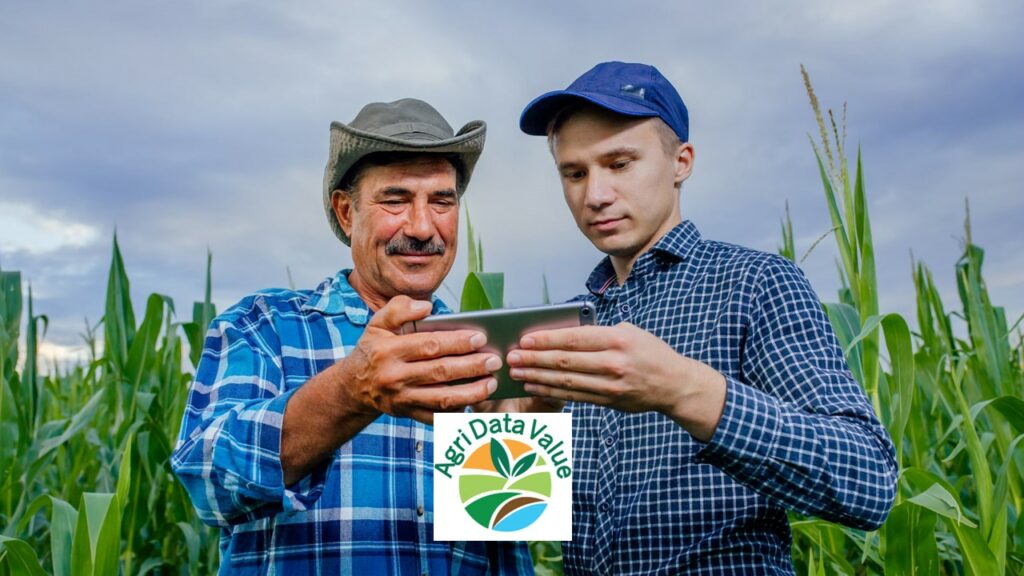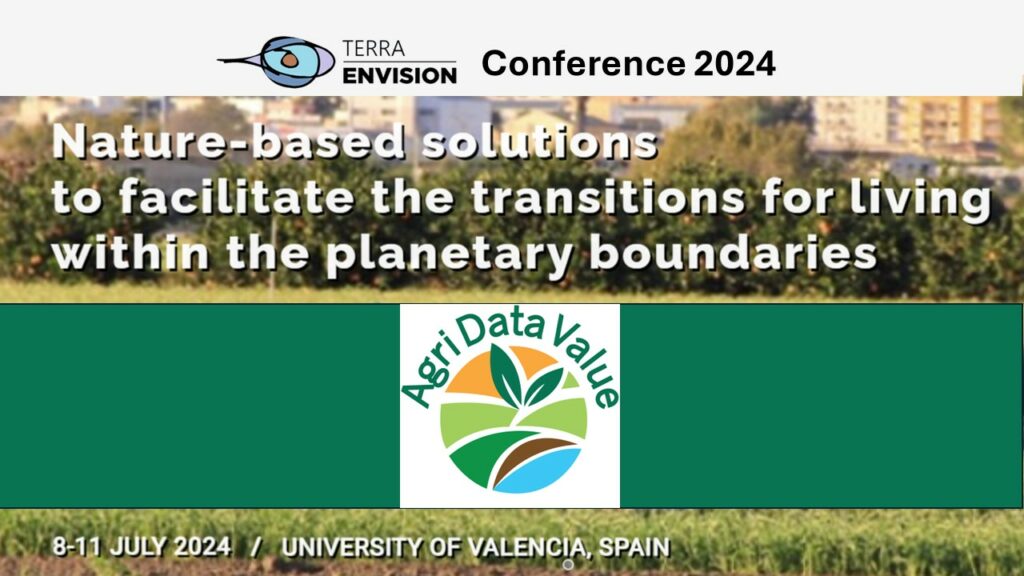Blockchain technology rose to the world’s attention in relation to cryptocurrencies, but has now permeated various sectors, including process and data tracking and certification. This article provides a short overview of the concept of Distributed Ledger Technology (DLT), explains the differences between public and private blockchains outlining some different blockchain technologies applied in the AgriDataValue project, and describes several use cases applicable in the agri-environmental context, some of which directly supported by the AgriDataValue platform.
The Distributed Ledger Technology (DLT)
To better understand what it is meant by Distributed Ledger Technology (DLT), let’s start from the original meaning of ledger. The ledger, literally “Master Book”, implements the concept of an archive where transactions were manually recorded by an accountant. When digitalization came, physical ledgers were replaced by electronic ones which were realized with the same centralization logic of the paper-based systems: there was again someone responsible for the data entry of information (originally analog), someone who managed the systems, and someone who centrally managed the extraction of data or their processing. Across the subsequent evolutions of computing and network technology, the basic processes stood unchanged, although certain steps and controls and verifications were simplified and sped up. Essentially, though, data has continued to be conceived as analog and managed with the same type of paradigm, even with digital tools.
With the invention and diffusion of blockchain technologies, digital ledgers evolved into what is nowadays referred as Distributed Ledger Technology (DLT) thanks mainly to the simultaneous availability of two enabling factors: advanced cryptography techniques and the development of powerful algorithms for data control and verification. The added value of DLT stands in providing the users with the ability to access an historical and immutable network-based memory in order to write and read records of transactions and exchanges. The transactions, once they are written down, are immutable; they can be verified at any time, but they cannot be altered of deleted.
In addition to that the DLT supports the execution of smart contracts. The smart contract is a computer program stored and executed directly on the ledger that makes sure, essentially, that every programmed consequence of a transaction, actually happen with no need of a supervising authority.
DLTs are based on blockchain technology, a communication protocol between networked systems based on several technological components such as distributed databases, peer-to-peer infrastructures and asymmetric encryption techniques (e.g. public/private key). The blockchain allows the registration of transactions and the execution of smart contracts in a decentralized and generalized way over a network of multiple nodes sharing data with each other. This technology stores data in validated and time-stamped transaction blocks. Each block contains a reference to the previous block in the form of a hash code. In this way a “chain” of information among the blocks in sequential order is built, hence the name “blockchain”. The blocks in their entirety can be considered as the archive of all the transactions happened in time. In other words, the whole history of validated transactions can be reconstructed going back through the chain.
It is important to notice that this structured and shared system allows to trust the validation of a transaction, as the correctness of each piece of information is guaranteed not by a central entity, but by the interaction of all the nodes in the blockchain network, working in a peer-to-peer mode.
As a summary, the blockchain allows read/write access to transaction information, making it:
- reliable: if one of the nodes undergoes an attack of data manipulation, all the other nodes remain operational, thus saving the chain without loss of information.
- transparent: the transactions carried out are visible to all, thus guaranteeing transparency.
- immutable: the Blockchain guarantees final transactions, denying the possibility of modifying or canceling them.
Blockchain technologies
Below, some highlights on blockchain technologies are reported among those considered at various reprises in the AgriDataValue project.
Ethereum is a popular public blockchain platform for decentralized applications (DApps) and SmartContracts, using Solidity programming language. It supports two consensus mechanisms: PoS (Proof of Stake) and PoA (Proof of Authority). PoS is suitable for permissionless networks, enabling selected peers to act as validators by staking funds, which can be forfeited for violations. PoA, suited for permissioned networks, relies on authorized validators based on identity rather than computational puzzles or staking. PoA is faster and more energy-efficient than PoW, but less decentralized and secure. It uses a limited number of authorized nodes for faster transaction validation and lower energy consumption.
R3 Corda is a private blockchain for enterprises, especially in financial services. It operates on a permissioned network with pre-approved participants. Corda uses a Notary consensus mechanism combining unique consensus and off-ledger transaction verification. The platform ensures consistent data views across nodes while protecting sensitive information. Corda’s smart contracts are written in Kotlin, a popular programming language.
Hyperledger Fabric, developed by the Linux Foundation’s Hyperledger project, is a permissioned enterprise blockchain platform. It features a modular architecture for flexibility and scalability and supports privacy in transactions. Fabric uses the Crash Fault Tolerant (CFT) consensus algorithm called Raft. smart contracts can be written in Go, JavaScript, and Java, supporting private transactions and channels.
An important aspect to be considered talking about blockchain technology is to understand the difference between public and private blockchains. Public blockchains are not related to a particular organization. Everyone on the public internet can join, participate in consensus, and validate transactions. On the reverse, private blockchains are typically set-up by an “owner” organization, who restrict access to authorized participants with defined roles. Public blockchains are moving from energy-intensive Proof of Work (PoW) to scalable, efficient Proof of Stake (PoS), which selects validators based on staked tokens. In private blockchains the usual choice is to use more efficient consensus mechanisms like Practical Byzantine Fault Tolerance (PBFT) or Proof of Authority (PoA), providing faster confirmations in controlled environments. The primary benefit of public blockchains is their extensive node network, enhancing security and decentralization and making manipulation difficult. However, private blockchains, with fewer nodes, face higher risks of collusion and tampering. Public blockchains offer transparency by sharing transaction data openly, which can raise privacy concerns. In contrast, private blockchains restrict data visibility to enhance privacy and control over sensitive information.
An interesting compromise between public and private blockchains is to realize a “hybrid” solution leveraging on both approaches. Basically, a private blockchain is used. Then, in order to ensure immutability, the private blockchain’s “snapshot” (a hash of the private blockchain state) is periodically sent to the public blockchain (Periodic State Anchoring).
In the first implementation of the AgriDataValue platform a private network based on Ethereum with the IBFT (Istanbul Byzantine Fault Tolerant) consensus mechanism was used.
Applicable Use Cases
The AgriDataValue project ambition is to experiment usage of blockchain technologies in various domains. Below some examples.
A typical application of blockchain technology (beyond cryptocurrencies) is the Workflow Certification. This use case targets companies aiming to certify their business process workflows. The objective is to ensure that all participants to a process or a workflow (e.g suppliers, logistics providers, and retailers) adhere to the rules imposed by the process. This is obtained through a smart contract deployed on the blockchain network that defines and regulate the workflow steps and conditions to be met. As the process goes on, each participant updates the smart contract with their progress, and the smart contract assures that relevant conditions are met. This data is stored on the blockchain, offering a transparent and immutable record of the entire process
A particular example of workflow certification is the Supply Chain Tracking use case. It involves companies producing and distributing organic products. The objective is to track the entire supply chain from farm to consumer. This is obtained by using a particular smart contract on the Ethereum blockchain. The contract sets rules for handling and tracking the produce at each supply chain stage. It updates status and verifies conditions like organic certification before moving to the next stage. This system ensures ethical sourcing, sustainability, and efficiency, reducing fraud and errors.
All productions object of the AgriDataValue Pilots are technically suitable to benefit of the platform blockchain solution to implement trusted supply chain tracking.
A more frontier application of the concept of supply chain tracking, also object of study in the AgriDataValue project is the Information Chain Tracking, where the same principles and type of solutions are applied to track the information flows within a digital ecosystem, by registering in the ledger timestamped transactions related to exchange of information between parties.
The AgriDataValue project expects to exploit this feature to realize a mechanism to record the data-transactions happening withing the AgriDataValue user communities (e.g. pilots). Notably those transactions could refer to data shared by farmers with the ADV platform, data that will become available for future usage, for example to train Federated Machine Learning models. This is a way for the platforms to ensure that the value provided by users to the platform itself is duly and permanently registered, also to enable possible future compensation models.



